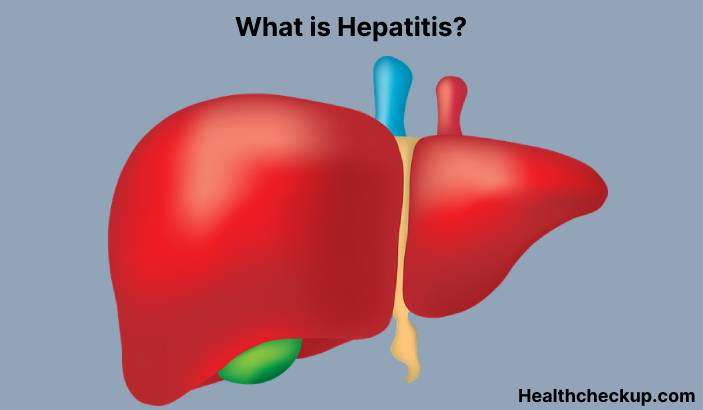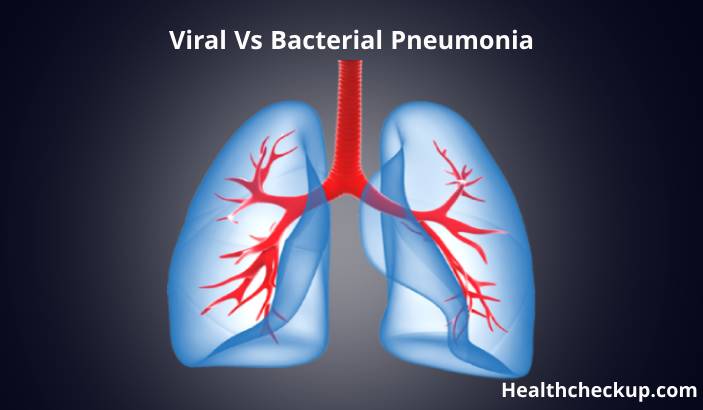Hepatitis is a term used to describe inflammation of the liver, which is a vital organ that plays a key role in digestion, metabolism, and the immune system. There are several different causes of hepatitis, including viral infections, alcohol abuse, and certain medications or toxins.
The most common types of viral hepatitis are hepatitis A, hepatitis B, and hepatitis C. Each of these viruses is transmitted in different ways and can have different symptoms and outcomes.
Hepatitis A is a highly contagious viral infection that is transmitted through contaminated food or water, or through close personal contact with an infected person.
Symptoms of hepatitis A include:
- Fever
- Fatigue
- Loss of appetite
- Nausea
- Vomiting
- Abdominal pain
- Yellowing of the skin and whites of the eyes (jaundice)
Most people with hepatitis A will recover fully and will not develop chronic hepatitis, but severe cases can lead to liver failure. A vaccine is available to prevent hepatitis A infection.
Hepatitis B is a viral infection that is transmitted through contact with infected blood, semen, or other body fluids. It can be spread through sexual contact, sharing needles or other injection drug equipment, and from mother to child during childbirth.
Symptoms of hepatitis B may include:
- Fever
- Fatigue
- Loss of appetite
- Nausea
- Vomiting
- Abdominal pain
- Jaundice
Some people with hepatitis B will recover fully, but others develop chronic hepatitis, which can lead to liver damage, cirrhosis, and liver cancer. A vaccine is available to prevent hepatitis B infection.
Hepatitis C is a viral infection that is transmitted through contaminated blood. It can be spread through sharing needles or other injection drug equipment, and it can also be transmitted through sexual contact, although this is less common.
Symptoms of hepatitis C include:
- Fever
- Fatigue
- Loss of appetite
- Nausea
- Vomiting
- Abdominal pain
- Jaundice
Most people with hepatitis C will develop chronic hepatitis, which can lead to liver damage, cirrhosis, and liver cancer. There are several medications available to treat hepatitis C, and many people can be cured of the infection.
In addition to viral hepatitis, other causes of liver inflammation include alcohol abuse, certain medications and toxins, and autoimmune hepatitis, which is a condition in which the immune system attacks the liver.
Treatment for hepatitis depends on the cause of the liver inflammation and the severity of the illness. In some cases, treatment involves medications to reduce inflammation, such as corticosteroids or immunosuppressive drugs. In other cases, treatment involves lifestyle changes, such as quitting alcohol or avoiding certain medications or toxins. In severe cases, a liver transplant may be necessary.
To prevent hepatitis, it is important to practice good hygiene, such as washing your hands frequently and avoiding contact with contaminated blood or other body fluids. It is also important to get vaccinated against hepatitis A and hepatitis B, and to avoid risky behaviors, such as sharing needles or engaging in unprotected sex.
In conclusion, hepatitis is a term used to describe inflammation of the liver, which can be caused by viral infections, alcohol abuse, and certain medications or toxins. Treatment for hepatitis depends on the cause of the liver inflammation and the severity of the illness, and it involves medications, lifestyle changes, or a liver transplant. To prevent hepatitis, it is important to practice good hygiene and to get vaccinated against hepatitis A and hepatitis B, and to avoid risky behaviors.









